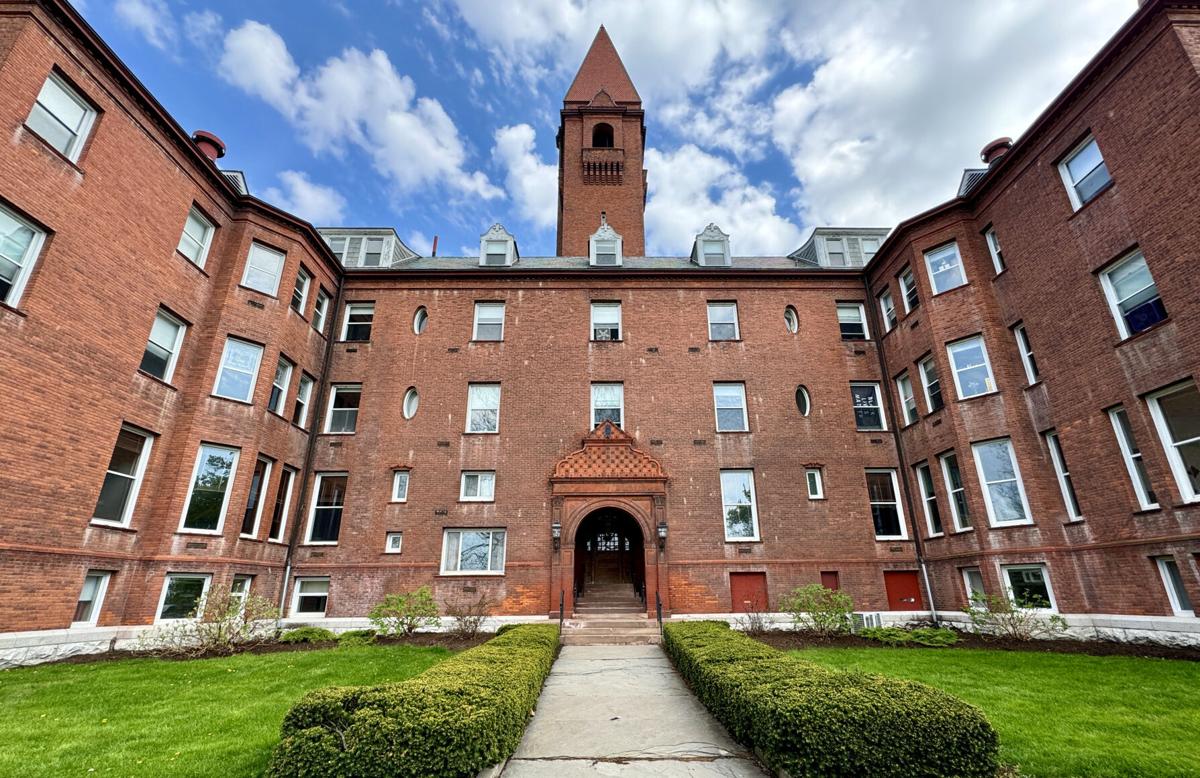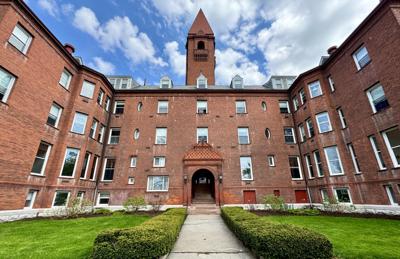The village of Aurora and Cayuga 69´«Ă˝ lost one of the area's historic gems this week with the announcement of the closure of Wells College, a campus on the shore of Cayuga Lake founded in 1868.
It was no secret that Wells has been struggling for years to adequately balance its books and continue its mission. But when the decision was eventually made to call it quits after 156 years, the college's students, faculty, staff and other stakeholders would undoubtedly have benefited from more notice to start making new plans for their futures — more notice than the last week of classes, at least.
People are also reading…
Wells was not alone in the declining enrollment and financial struggles that have placed enormous pressure on small liberal arts institutions in New York state and beyond. Cazenovia College in Madison 69´«Ă˝ closed after almost 200 years in 2023, and the nearly 100-year-old College of Saint Rose in Albany has also announced that this spring semester will be its last.
Wells College will close at the end of the spring semester due to declining enrollment and financial struggles.Â
There is never a good time to share bad news, and we believe Wells officials were trying their best to avoid this outcome. Nonetheless, Cazenovia and Saint Rose gave their stakeholders about six months to start making new plans. Monday's announcement by college President Jonathan Gibralter and board of trustees Chair Marie Chapman Carroll came just 20 days before the school's final commencement.
The announcement notes that the college's roughly 370 students will be offered opportunities to transfer to other institutions. Wells said Manhattanville College is its preferred "teach-out" partner, and similar agreements have also been reached with Excelsior University, Hobart and William Smith Colleges, Keuka College, Le Moyne College, Mercy University and SUNY Brockport.
The lakeside campus of Wells College in Aurora was serene as ever Monday afternoon, with birds chirping among the spring blooms.
The college also said Manhattanville has shown interest in a legacy agreement that would integrate the Wells name and history into its own community.
The fate of the 300-acre Aurora campus and other Wells properties, meanwhile, will be decided in partnership with state and local leaders.
While the college has some time to make those plans, it did not afford the same courtesy to its students, nor its nearly 200 employees and many business and community partners in Aurora and beyond. What if a student doesn't want to transfer to one of those seven teach-out partners, for instance? Or what about students who were planning on staying on campus this summer?
We believe Wells owes those students, at the minimum, an explanation for the timing of both the decision to close and the announcement of it.
For an institution seemingly invested in its students' futures, the college hasn't appeared so this week.
Gallery: Students speak out about Wells College closing in Aurora

From left, students Sara Mattle, Natalie Day and Olivia Garcia speak about Wells College announcing it is closing at the end of the spring semester.

Wells College President Jonathan Gibralter, center, and other college officials face the student body to answers questions after the college announced that it will close at the end of the spring semester.

Wells College students react to the news Monday that the school is closing at the end of the spring semester.

Wells College in Aurora.

Wells College in Aurora.

Wells College in Aurora.











